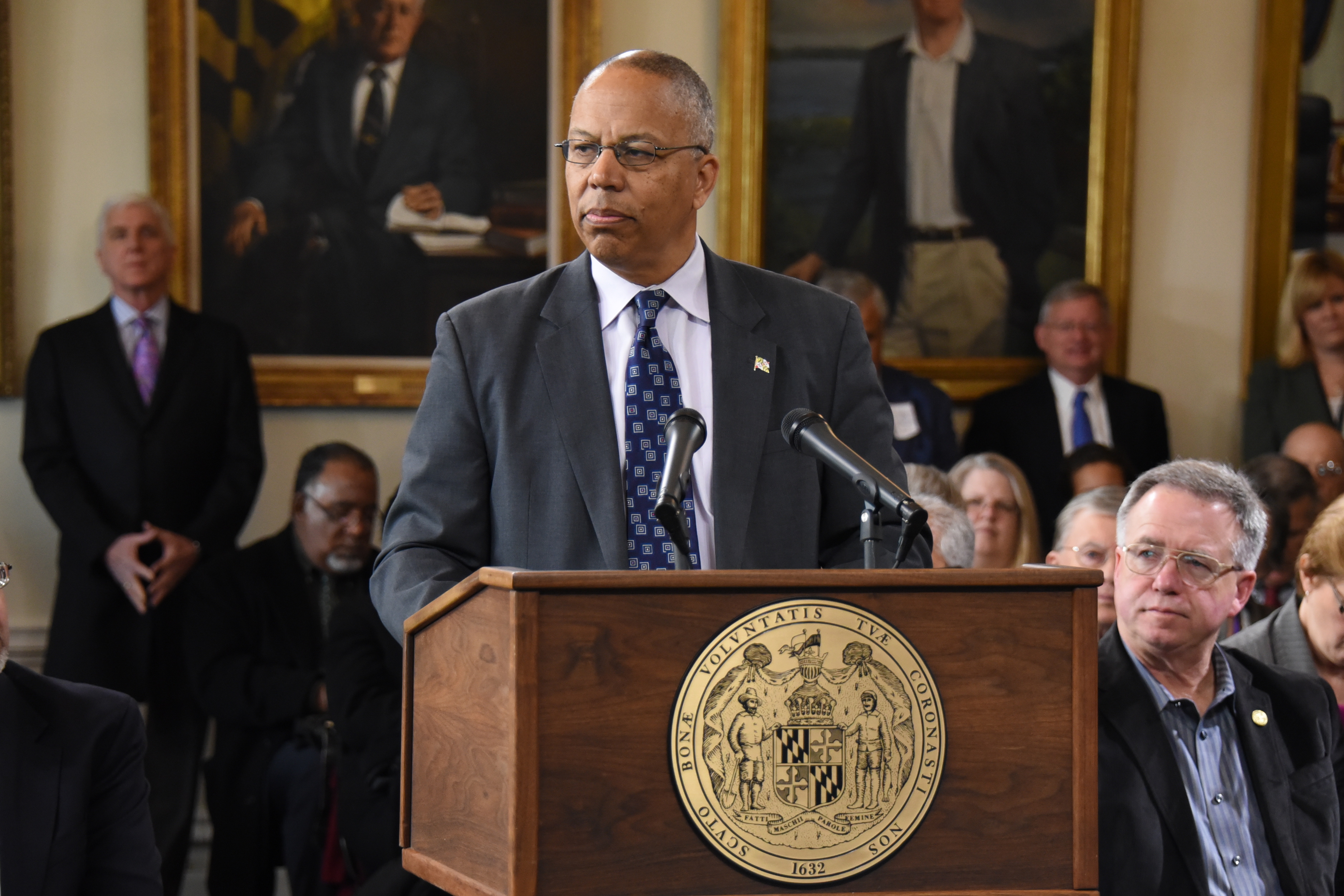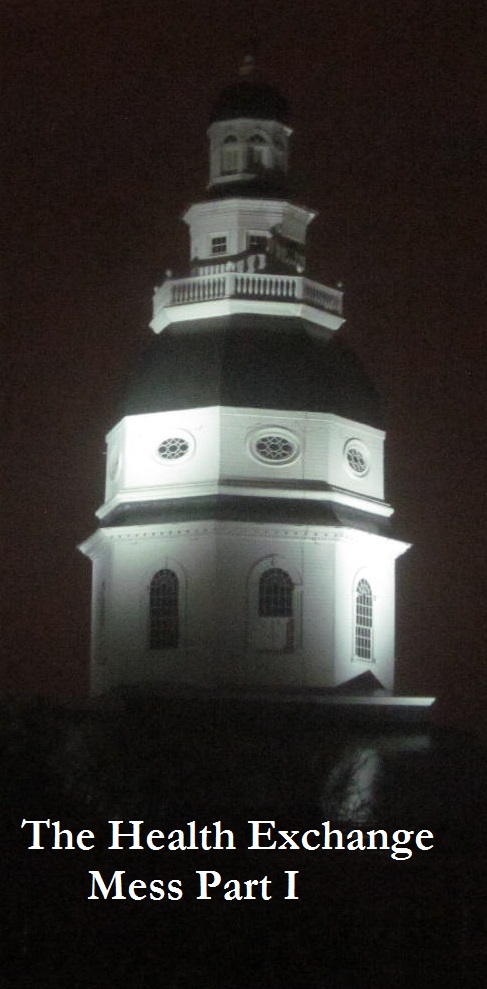By Megan Poinski
Megan@MarylandReporter.com
Maryland could take part in a new online voter registration system to build a powerful national database that would ensure more accurate voter rolls that don’t include the dead, people registered in two states or those with invalid addresses.
Maryland is one of 21 states participating in a work group with the Pew Center on the States to improve the quality and efficiency of voter registration. Online voter registration has been talked about in many circles as the next step to improve elections, and the Pew Center on the States is developing a new computer system to make it work, said David Becker, project director for election initiatives for Pew. He presented an overview of the project to the Senate Committee on Education, Health, and Environmental Affairs on Tuesday.
Becker said that online voter registration would be accurate, cost-effective and efficient. According to Pew research on nationwide voter rolls, about one in eight voter records is not valid in some way. There are approximately 12 million registrations that go to addresses that don’t exist, and nearly 2 million voters who have died are still counted as active voters. Additionally, he said there are about 3 million people with active voter registrations in more than one state.
Additionally, Becker said that maintaining voter rolls done the traditional way is expensive. It costs more than $4 to maintain a single name on Oregon’s voter registration list, he said. Wyoming spends $1 million each year just to maintain its list.
The system that the Pew Center is building is known as the Electronic Registration Information Center – abbreviated as ERIC. This system would work with existing record-keeping systems in different states, and pull together different types of information.
“We’re looking at a process that is more automated, with more data-matching, identifying duplicate records, and inactivating them,” Becker said.
Each state would contribute its voter registration data and information from driver’s license databases to the system. But that information would be augmented by other national records, like Social Security numbers of people who have died, or national address change information. This way, he said, the system could pick up if there is a person with the same name and birth date registered to vote in both Washington and Oregon. By checking the supplemental data – looking at address change records – elections officials could determine if it is the same person, and see where that person currently lives, cancelling the old registration.
Becker said that a system like this would increase accuracy in voter rolls by connecting different states and agencies – a problem that exists in Maryland because address changes in driver’s licenses at the MVA do not always transfer to voter registration. It would also save money. Becker said that the cost of maintaining records plummeted in places that have gone to electronic voter registration systems. In Maricopa County, Ariz., Becker said it now costs 3 cents a year to maintain each online voter registration record.
Pew plans to build the system during the first six months of 2011, and implement it at the end of the year, a time when there will be few elections nationwide. Becker said Pew does not want to run the system, and will hand it off to the states participating.
In order for Maryland to get off the ground with the new system – and be able to test its efficiency with the Baltimore City mayoral election in November – the General Assembly needs to pass legislation to allow it, said State Elections Administrator Linda Lamone. The legislation would have to permit online voter registration, as well as authorize Maryland’s agencies to share data with the Pew Center’s project.
Lamone said that getting involved in the system now could also save the state money in development costs. Because the project is beginning in the Pew Center, the nonprofit is covering some of the costs associated with getting things up and running.
“If we get in late, we will have to pay full fare,” Lamone said.






Say no to a federal government maintained National Voter Database!
“Think about the “Do Not Call List!”
We should have a National Voter Database!!!